The most common metabolic disorder encountered in clinical practice. Type 1 is due to auot-immune pancreatic islet cell destruction. Type 2 Due to tissue insulin resistence associated with increasing age, obesity, family history and pregnancy.

Symptoms:
Hyperglycemia - Frequent urination, Always hunger, Thirsty, Debility, Genital Tching, Excess of sweat, delayed healing of wounds.
Hypoglycemia - Excess of sweating, confusion and anxiety, heart palpitations, fainting and shakiness.
Complications: Diabetic retinopathy, Diabetic rephropathy, Diabetic neuropathy, cardiovascular disease, diabetic foor ulcers, cognitive deficit.
Pregnancy and diabetes: Already diagnosed diabetes women getting pregnancy, pre-existing diabetes. A woman who hasn't been diagnosed diabetes exhibit high blood glucose level during pregnancy - getational Diabetes.
Men with diabetes: Men with diabetes are prone to having issues with infertility due to the following conditions that are most common with Diabetes.
Management in Ayurveda:
Reasons for diet:
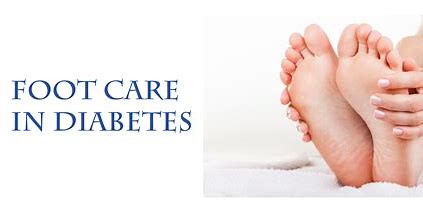
Benefits of panchakarma:
Overcoming with Ayurveda:
The thyroid glands are part of the endocrine system. Thyroid harmone act on almost every kind of cell in your body to increase cellular activity or metabolism. If there is too much or too little throid hormone, the metabolism of your entire body is impacted.
There are numerous things that can go wrong with throid gland, but mostly they fall into two categories.
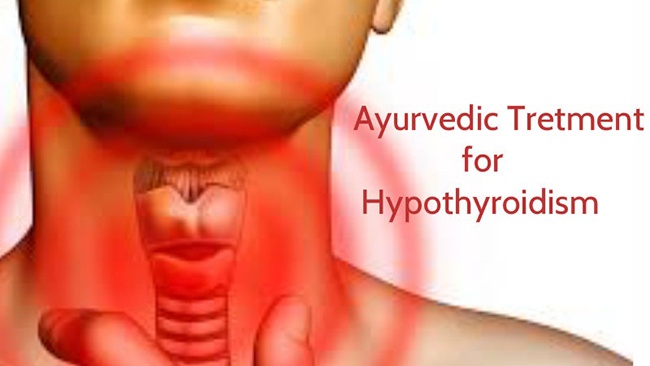
Hypothyroidism:Results from inadequate production of thyroid hormone.
Symptoms:
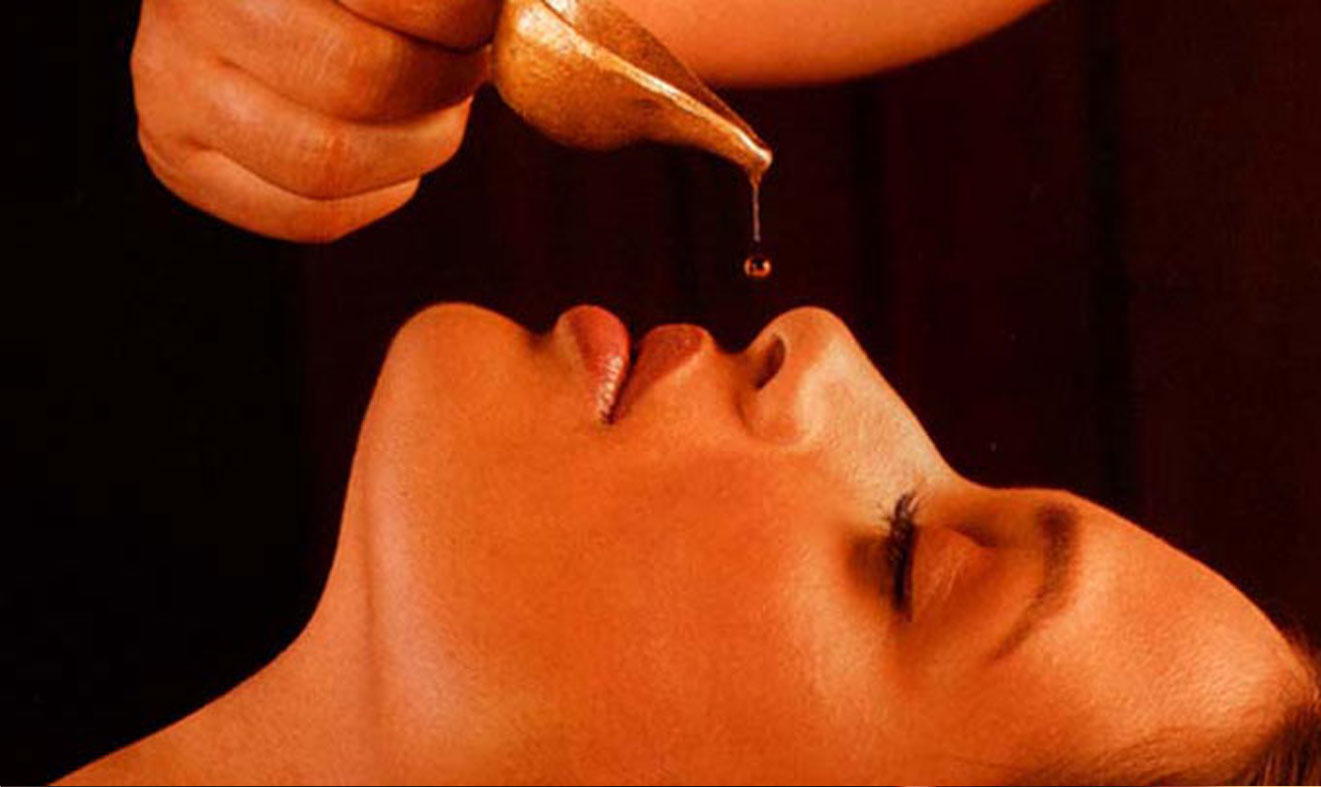
Ayurvedic Treatment:
Hypothyroidism:Hyperthyroidism is a condition in which the thyroid over produces hormones.
Symptoms:
Treatment: Line of treatment in Hyperthyroidism, i.e.., done by combating Theekshnagni, Dhatu paka shamana and Ojovardhaka oushadhi
Shodhana chikitsa:
Prevention is better than cure Hypo and Hyper thyroidism is a life-style disorder.By following healthy regimens are,
All of us love to have a well built bodies, or at least not to be obese, and we have the right to think like that, because obesity is not just a cosmetic concern, its also a risk for some health problems, such as heart disease, diabetes and the high blood pressure and others.
Obesity is defined as a person who on account of the inordinate increase of fat & flash is disfigured with pendulous, buttocks, belly and breasts and whose increase bulk is not matched by a corresponding increase in energy.
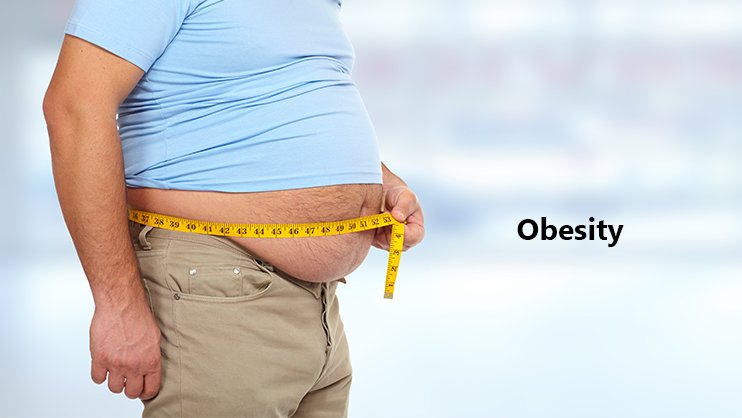
Causes:
Complications of obesity:
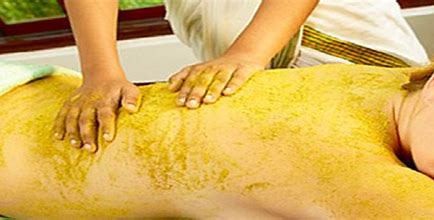
Treatments: Dietary changes, Yoga, Exercise, Prescription medication, Panchakarma
Obesity in Female:
Obesity in Male:
Treatment includes:
Benefits of Ayurveda treatment: